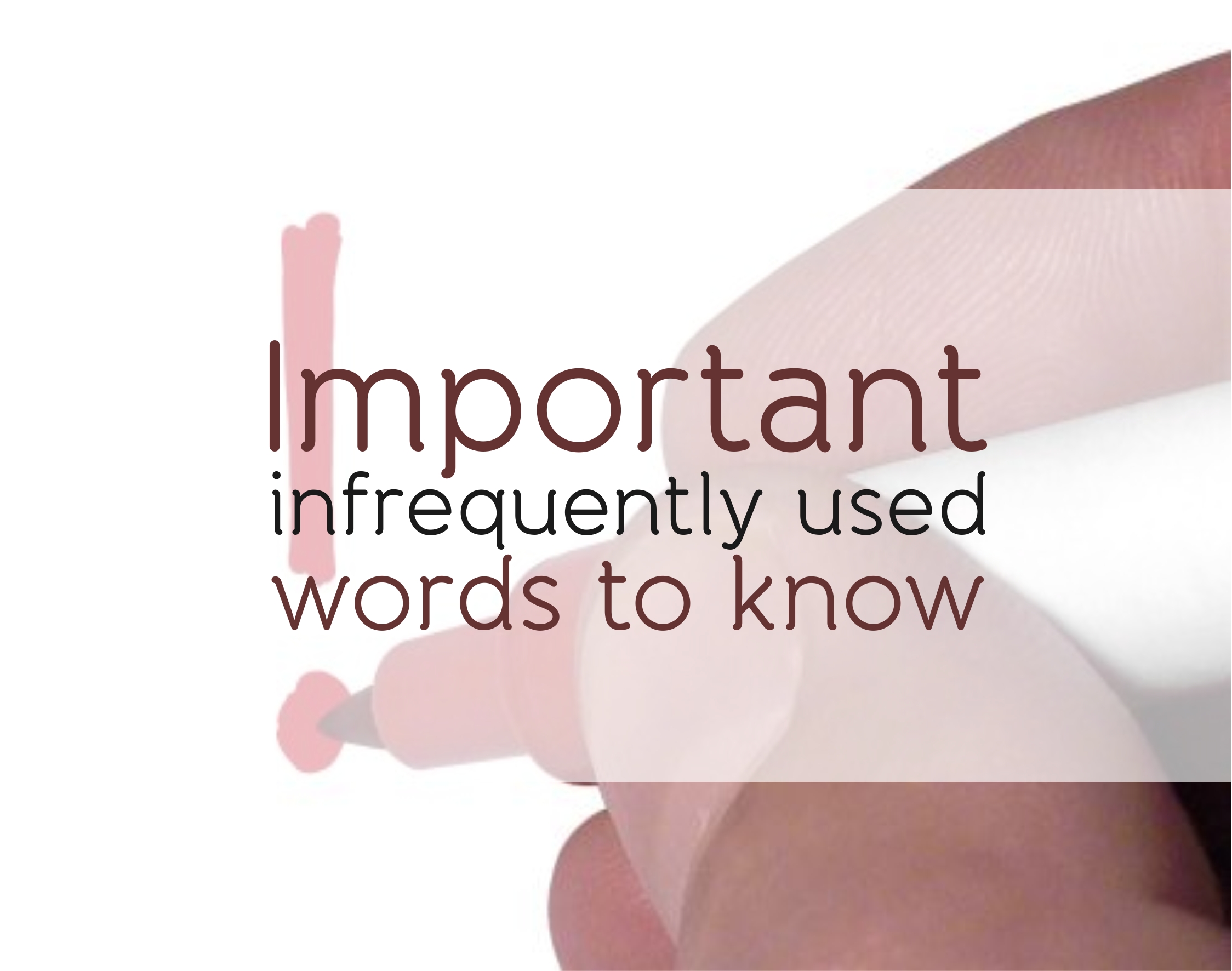14 Words That Are Their Own Opposites

Here’s an ambiguous sentence for you: “Because of the agency’s oversight, the corporation’s behavior was sanctioned.” Does that mean, ‘Because the agency oversaw the company’s behavior, they imposed a penalty for some transgression‘ or does it mean, ‘Because the agency was inattentive, they overlooked the misbehavior and gave it their approval by default’? We’ve stumbled into the looking-glass world of “contronyms”—words that are their own antonyms.
1. Sanction (via French, from Latin sanctio(n-), from sancire ‘ratify,’) can mean ‘give official permission or approval for (an action)’ or conversely, ‘impose a penalty on.’
*
2. Oversight is the noun form of two verbs with contrary meanings, “oversee” and “overlook.” “Oversee,” from Old English ofersēon ‘look at from above,’ means ‘supervise’ (medieval Latin for the same thing: super- ‘over’ + videre ‘to see.’) “Overlook” usually means the opposite: ‘to fail to see or observe; to pass over without noticing; to disregard, ignore.’
*
3. Left can mean either remaining or departed. If the gentlemen have withdrawn to the drawing room for after-dinner cigars, who’s left? (The gentlemen have left and the ladies are left.)
*
4. Dust, along with the next two words, is a noun turned into a verb meaning either to add or to remove the thing in question. Only the context will tell you which it is. When you dust are you applying dust or removing it? It depends whether you’re dusting the crops or the furniture.
*
5. Seed can also go either way. If you seed the lawn you add seeds, but if you seed a tomato you remove them.
*
6. Stone is another verb to use with caution. You can stone some peaches, but please don’t stone your neighbor (even if he says he likes to get stoned).
*
7. Trim as a verb predates the noun, but it can also mean either adding or taking away. Arising from an Old English word meaning ‘to make firm or strong; to settle, arrange,’ “trim” came to mean ‘to prepare, make ready.’ Depending on who or what was being readied, it could mean either of two contradictory things: ‘to decorate something with ribbons, laces, or the like to give it a finished appearance’ or ‘to cut off the outgrowths or irregularities of.’ And the context doesn’t always make it clear. If you’re trimming the tree are you using tinsel or a chain saw?
*
8. Cleave can be cleaved into two “homographs,” words with different origins that end up spelled the same. “Cleave,” meaning ‘to cling to or adhere,’ comes from an Old English word that took the forms cleofian, clifian, or clīfan. “Cleave,” with the contrary meaning ‘to split or sever (something), ‘ as you might do with a cleaver, comes from a different Old English word, clēofan. The past participle has taken various forms: “cloven,” which survives in the phrase “cloven hoof,” “cleft,” as in a “cleft palate” or “cleaved.”
*
9. Resign works as a contronym in writing. This time we have homographs, but not homophones. “Resign,” meaning ‘to quit,’ is spelled the same as “resign,” meaning ‘to sign up again,’ but it’s pronounced differently.
*
10. Fast can mean “moving rapidly,” as in “running fast,” or ‘fixed, unmoving,’ as in “holding fast.” If colors are fast they will not run. The meaning ‘firm, steadfast’ came first. The adverb took on the sense ‘strongly, vigorously,’ which evolved into ‘quickly,’ a meaning that spread to the adjective.
*
11. Off means ‘deactivated,’ as in “to turn off,” but also ‘activated,’ as in “The alarm went off.”
*
12. Weather can mean ‘to withstand or come safely through,’ as in “The company weathered the recession,” or it can mean ‘to be worn away’: “The rock was weathered.”
*
13. Screen can mean ‘to show’ (a movie) or ‘to hide’ (an unsightly view).
*
14. Help means ‘assist,’ unless you can’t help doing something, when it means ‘prevent.’
Read more: Contronyms: What did you mean by ‘deceptievly’ smart?
Simple but Intelligent Word Choices
#10: Lucid
#9: Austere
#8: Volatile
#7: Stoic
#6: Caustic
#5: Maudlin
#4: Lurid
#3: Glib
#2: Cavalier
#1: Demure
Read more…
Contronyms: What did you mean by deceptively smart?
A synonym is a word that means the same as another.
Necessary and required are synonyms.
An antonym is a word that means the opposite of another.
Wet and dry are antonyms.
While synonyms and antonyms are not in themselves interesting, the complexities and irregularities of the English language sometimes make synonyms and antonyms interesting to explore. Many complexities result from words having multiple definitions.
A trivial example is a word with synonyms that aren’t synonyms of each other, the word beam, for example, having the synonyms bar and shine.
Similarly, some words have antonyms that are neither synonyms nor antonyms of each other but completely unrelated: the word right, for example, having the antonyms wrong and left.
A more interesting paradox occurs with the word groom, which does not really have an antonym in the strictest sense but has an opposite of sorts in the word bride, which can be used as a prefix to create a synonym, bridegroom.
The word contronym (also antagonym) is used to refer to words that, by some freak of language evolution, are their own antonyms. Read More…
168 Color terms in English

Compiled by Stephen Chrisomalis
This list contains 168 definitions of obscure colour terms using combinations of ‘normal‘ colours of the rainbow and descriptive adjectives; e.g. cardinal = deep scarlet red; russet = reddish brown. Note that most English speakers outside the U.S. spell colour with the added British ‘u’ rather than the American version color. Don’t worry if the colours (or colors) in your universe don’t match up with the definitions I’ve given for these words, though – I’ve been known to have skewed perceptions of reality … Read More…
173 foreign words and phrases in English language

Over the centuries the English language has assimilated words and phrases from a variety of other languages. In context, those listed here are often printed in italics. Read More…
Another 20 “Forgotten” Words That Should Be Brought Back

Languages are living things that shift and evolve over time. If you look at the history of the English language, from Anglo Saxon through the Great Vowel Shift to what we consider Standard English today, you’ll notice that it has undergone some spectacular changes over the centuries. Some basic words have stuck around through the ages, like “father”, “house”, “egg”, “boat” and so on, but just as new words developed over time, other words were discarded along the way.
Many others from Shakespeare’s time through to the early 20th century have fallen out of common usage, and we are undoubtedly the poorer for it. Here are 20 words that could only serve to add a bit more colour to our daily lives if they happened to come back into regular use.
1. Bunbury
noun
An imaginary person whose name is used as an excuse to some purpose, especially to visit a place.
“Auntie Jane the cottage dweller” was my go-to bunbury whenever I wanted to take a day off to go play in the forest. Read More…
Important Infrequently Used Words To Know

Paul V. Hartman
(The Capitalized syllable gets the emphasis)
A
alacrity a-LACK-ra-tee cheerful willingness and promptness
anathema a-NATH-a-ma a thing or person cursed, banned, or reviled
anodyne AN-a-dine not likely to cause offence or disagreement and somewhat dull//anything that sooths or comforts
aphorism AFF-oar-ism a short, witty saying or concise principle
apostate ah-POSS-tate (also: apostasy) person who has left the fold or deserted the faith.
arrogate ARROW-gate to make an unreasonable claim
atavistic at-a-VIS-tic reverting to a primitive type
avuncular a-VUNC-you-lar “like an uncle”; benevolent






























